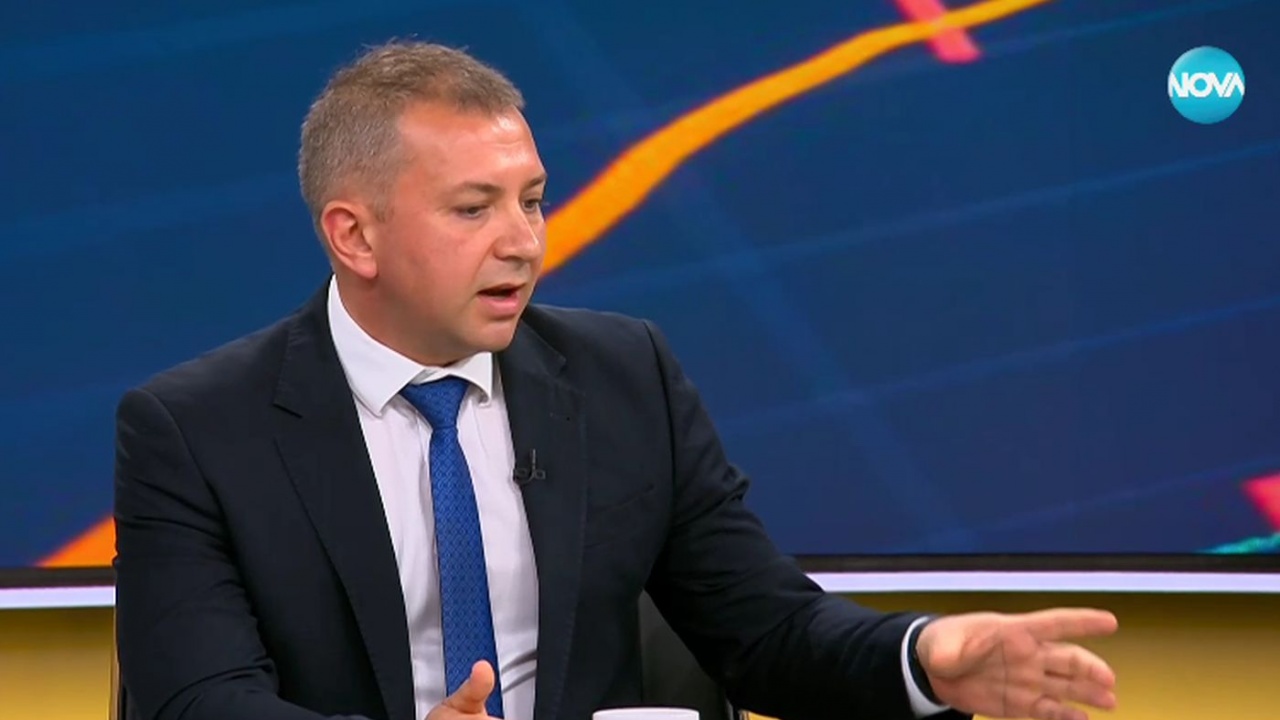Listen to the news
Pensions and salaries in the public sector will be paid even without a budget for 2023, experts in the studio of "Hello, Bulgaria" reassured. Currently, our country is working with the extended finances of last year. We recall that the current extended budget ends on 10 June.
"In the Public Finance Act there are texts that define what happens when no budget is adopted within the period. On June 11, the old law continues to apply, making expenses up to the amount of revenue and equal to the expenses that were incurred in the same period last year. There is one significant feature that a decision of the National Assembly is needed to extend the implementation of the 2022 budget law. The reason is that the three months have elapsed, which are set as the maximum eligibility period for extension by the Public Finance Act, "explained BICA Executive Director Dobrin Ivanov.
"Now, to reassure people, it has to be said that the fiscal program is above budgets. Below we have a state budget and independent budgets. For pensioners, the budget is self-sufficient. The autonomous ones have a revenue part that can cover pensions," financier Lubomir Karimanski said.
"I'm not worried about payments. If there's one thing we're doing well, it's the budget. Since the introduction of the Currency Board, this has been done smoothly.
A draft of the BSP provides for the recalculation of pensions from July 1, 2023.
Our country is one of the top 5 in Europe in terms of fiscal balance. What happened last year was a fiscal bacchanalia – an exceptional dissolution of expenses and, accordingly, a revenue problem. When there is a National Assembly, there is no danger that there will be no payments," said Ruslan Stefanov, economist, Center for the Study of Democracy.
